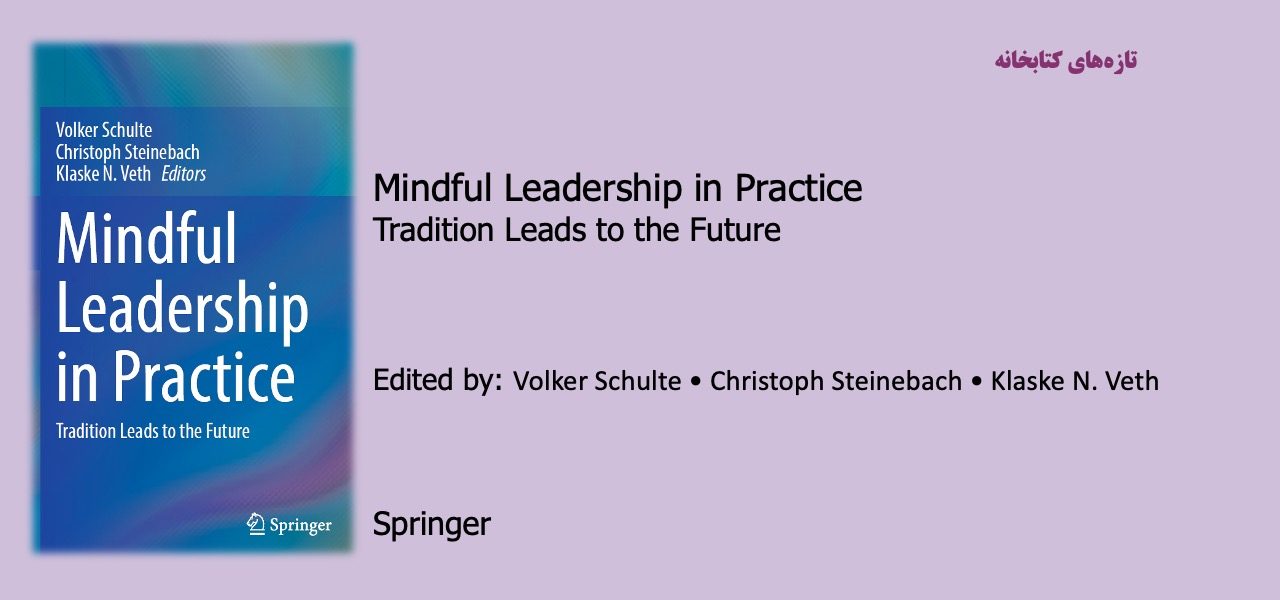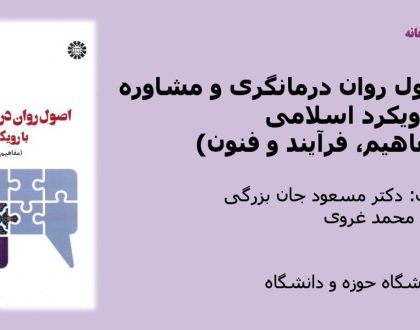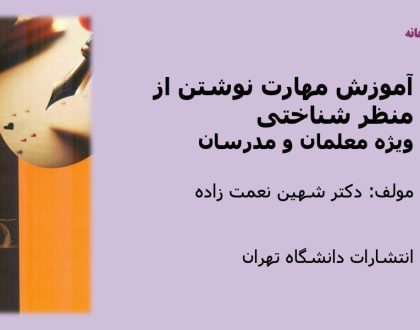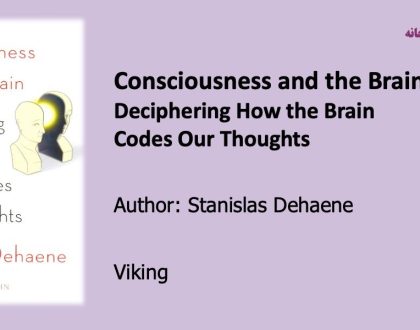Mindful Leadership in Practice Tradition Leads to the Future

The three traditional leadership maxims of power, authority, and influence have a different meaning in today’s leadership context than they did thirty years ago. At that time, a superior was still able to initiate a will-forming process solely through his or her social status and to check that the will was being secured through close monitoring. The employees simply had to implement the will of the superior without questioning. Power implies having power over someone. It further implies a strong hierarchy in an organization. It guarantees the assertiveness of the powerful by unilaterally defining implementation goals without duly accommodating the wishes or demands of employees. Such a culture of leadership has had its day. It no longer works. Power and authority have eroded. Leadership now only works through the role model function of the leader, by setting a good example and setting cultural and ethical milestones. Leadership requires a will to shape things that can motivate people to do creative work by means of conviction, a human-centered attitude, and empathy. Leadership means providing orientation, integrating employees into processes and contexts, and thus convincing them of the meaningfulness of actions and activities.
This book opens up about what mindful leadership might look like. It is a foundational work that illuminates a mindful value system and compares it in different cultural contexts. It offers philosophical reflections, tips, and action guides that can be applied in a wide variety of industries and traditions. It is hoped that leaders of today will embrace mindful leadership so that they can educate, support, and mentor the leaders of tomorrow. After all, humanity and authentic collegiality are more important than ever in today’s technologized, complex, and highly connected workplace.
مطالب مرتبط

اصول روان درمانگری و مشاوره با رویکرد اسلامی (مفاهیم، فرآیند و فنون)
۲۶ / بهمن / ۱۴۰۳

آموزش مهارت نوشتن از منظر شناختی
۲۶ / بهمن / ۱۴۰۳


